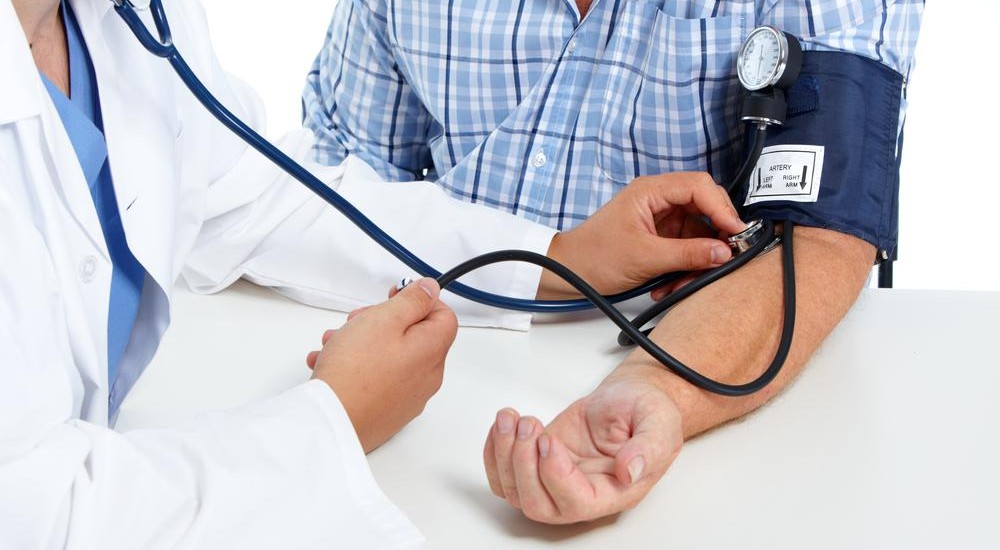Almost all illnesses are more easily managed when caught early. Here’s a list of some basic tests that can help you prevent major problems. Note that your doctor may recommend different tests according to your personal profile and medical history.
20s
Blood pressure check. Even if you don’t have high blood pressure (hypertension), it’s important to get your blood pressure checked during your yearly visit, if not more often.
Lipid panel. Around age twenty-five, ask your doctor about a lipid panel, which can be an effective way to monitor heart disease risk by checking cholesterol levels. A cholesterol test can help determine your risk for atherosclerosis, or plaque buildup in your arteries. High cholesterol levels don’t always have symptoms attached, so this test is a resourceful tool.
Pap smear. By age twenty-one, or when you become sexually active, make an appointment for a Pap smear. Pap smears help detect cervical cancer, which can be cured if detected early. If you are over thirty and your Pap smear and HPV tests are negative, you may be considered in a low risk group and need a Pap smear only every three years.
30s
Visit an eye doctor. Getting your eyes checked can monitor changes in your vision and signs of glaucoma, age-related degeneration, cataracts, diabetes, and high blood pressure. To keep your eyes healthy, wear sunglasses (even when it’s cloudy) that block UVA and UVB radiation.
Testicular exam. This test can help prevent testicular cancer, which occurs most often in men between twenty and thirty-nine, according to the National Cancer Institute. If you see a small lump or swelling, or feel pain or discomfort in a testicle or the scrotum, see a doctor before your next checkup.
40s
Mammogram. Women should start having a mammogram once a year beginning at age forty. Breast cancer is the second leading cause of cancer deaths among women, according to the National Cancer Institute. Between your annual screenings, conduct a monthly breast self-exam. A guide to breast self-exams is available through the American Cancer Society at cancer.org.
50s
Colonoscopy. Colon cancer, a common cancer among adults, usually begins as a small polyp, about the size of a mushroom. Colonoscopies can prevent the complications of colon cancer by identifying and removing the polyps early. The American Cancer Society recommends a first colonoscopy for most people at age fifty. However, if you have a first-degree relative (parents, siblings) who had colon cancer, you should get screened ten years before your loved one was diagnosed.
60s
Bone-density test. The U.S. Preventive Services Task Force recommends a routine bone-density screening, also known as a DEXA scan, if you’re female and sixty-five or older or if you’re sixty and have an increased risk of osteoporosis. Bones weaken as you age, and bone density can plummet following menopause.
Tests to have done at every age
Yearly skin checks. Have your dermatologist look for moles that are asymmetrical, have irregular borders, change in color, or are longer than a pencil eraser.
Regular dental cleanings. Going to the dentist at least once a year can help prevent decay and gingivitis. Keep up with X-rays and have your dentist inspect your lips, gums, and tongue for oral cancer.
This article originally appeared in the May issue of the EAST COBBER magazine, on page 48. Click here to view the digital edition.







